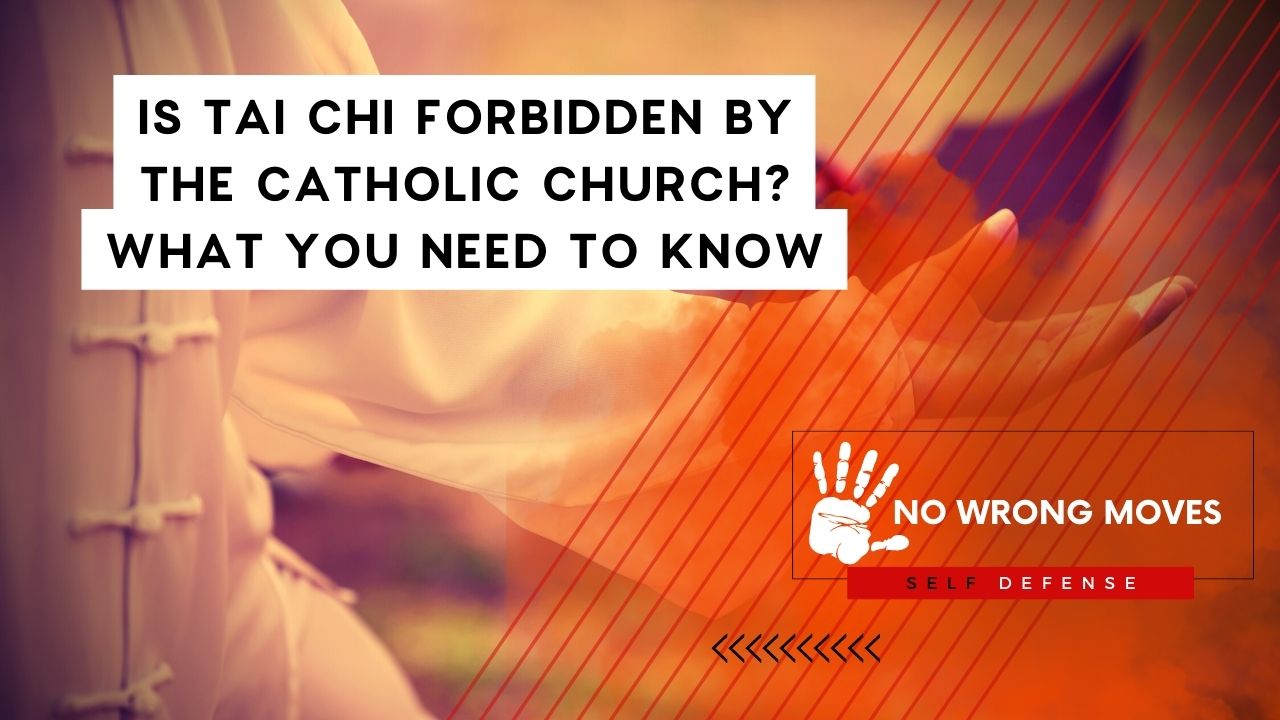
- Tai Chi's Relationship with the Catholic Church
- Is Tai Chi Forbidden for Catholics?
- Examining the Views of the Catholic Church
- Uncovering the History of Tai Chi
- Unpacking the Spiritual Implications of Tai Chi
- Exploring Tai Chi in its Cultural Context
- Understanding the Influence of Eastern Traditions
- Considering the Future of Tai Chi and the Catholic Church
Are you curious about whether tai chi is allowed in the Catholic Church? Maybe it's something you've wondered about, or maybe you're just now starting to explore this question. Well, no matter your level of knowledge and understanding, I'm here to help!
In this blog post, I'll be discussing the relationship between the Catholic Church and tai chi, as well as answering the question: is tai chi forbidden in the Catholic Church?
By the end of it all, I hope to have shed some light on an intriguing subject that is often overlooked. So come along for an exciting journey as we dive into the world of tai chi and its relationship with Catholicism!
Tai Chi's Relationship with the Catholic Church
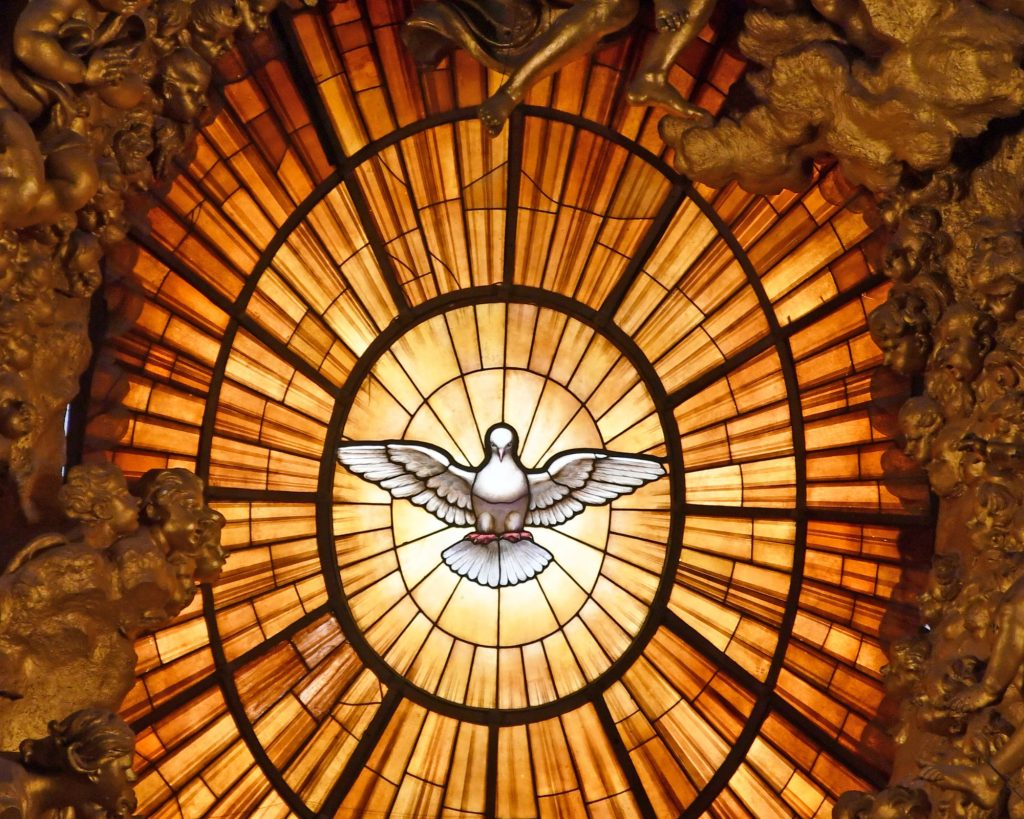
The question of whether or not tai chi is forbidden by the Catholic Church has been a source of much confusion and debate amongst practitioners of the ancient Chinese practice.
While many followers of the Catholic faith may be concerned that the practice of Tai Chi is at odds with the teachings of the Church, there is no outright prohibition of the practice itself.
Before we can really deep dive into this topic though, it's first crucial to understand the history and context of the practice.
Tai chi, also known as t'ai chi ch'uan, is a traditional Chinese martial art and exercise system that has been practiced in various forms for centuries. It is based on the theory of yin and yang, the complementary forces of nature, and incorporates both physical and mental exercises.
Is Tai Chi Forbidden for Catholics?
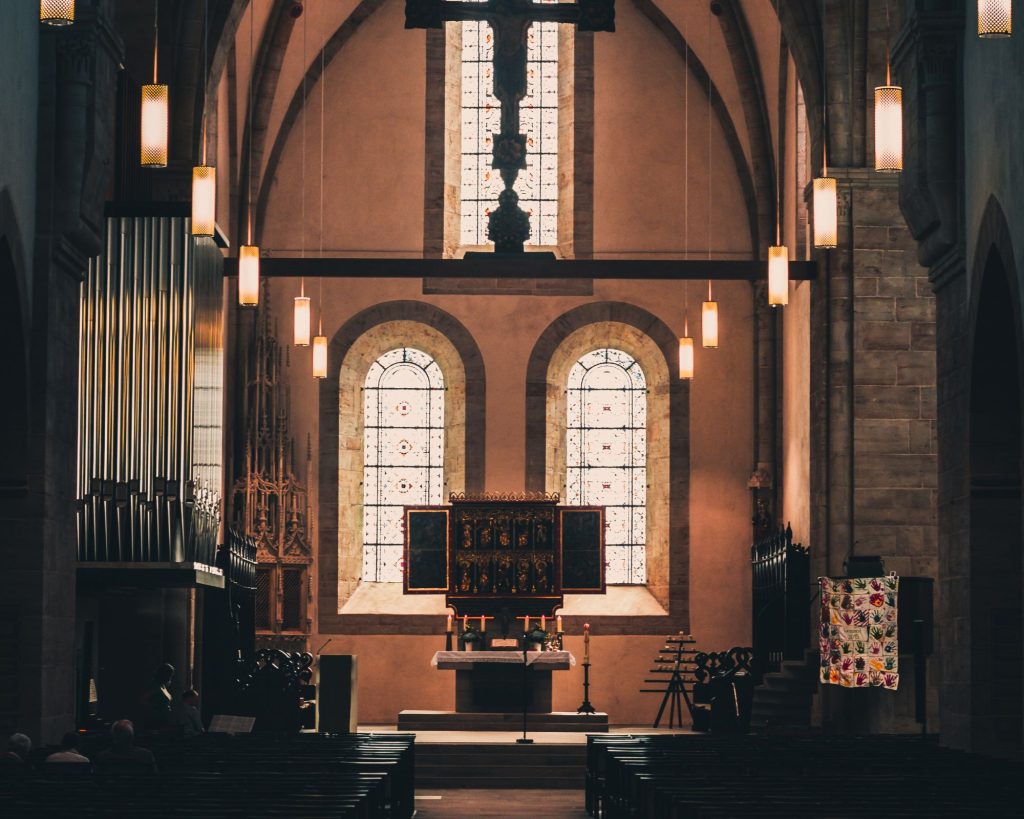
The Catholic Church does not outwardly prohibit the practice of Tai Chi. Some Catholic churches have even incorporated tai chi into their services!
But there are certain aspects of the practice that some Catholics may not find appropriate or in line with the teachings of the Church.
More specifically, the philosophical and spiritual underpinnings of the practice may be considered by some to be incompatible with the teachings of the Catholic Church.
Examining the Views of the Catholic Church
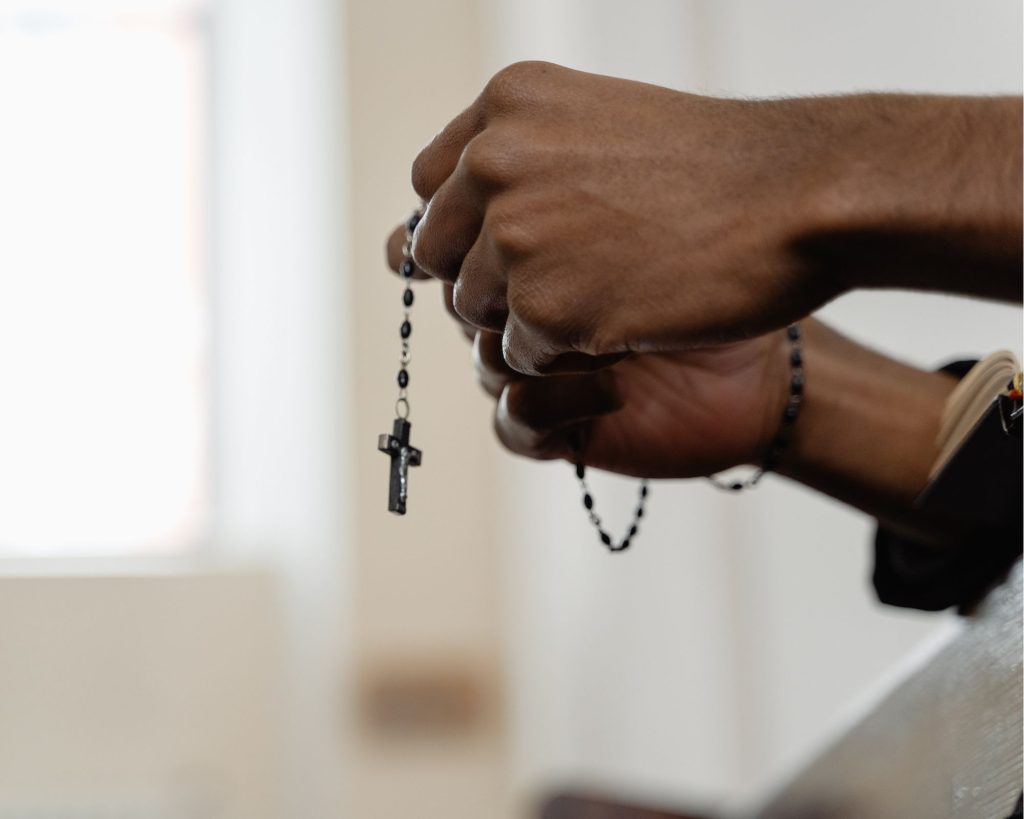
The Catholic Church has not issued any official statements regarding the practice of tai chi, nor is it likely to. That hasn't stopped some Church officials from expressing their opinion on the matter though.
In 2003, Archbishop Gianfranco Ravasi of the Pontifical Council for Culture remarked that “there is no Church prohibition on practicing tai chi, but it must be done with caution, so as not to fall into the trap of Orientalism or syncretism.”
So if you're Catholic, then it would be best to keep his remark in mind: it suggests that caution should be taken when practicing tai chi, and that the practice should not be used to adopt any Eastern religious beliefs.
Uncovering the History of Tai Chi
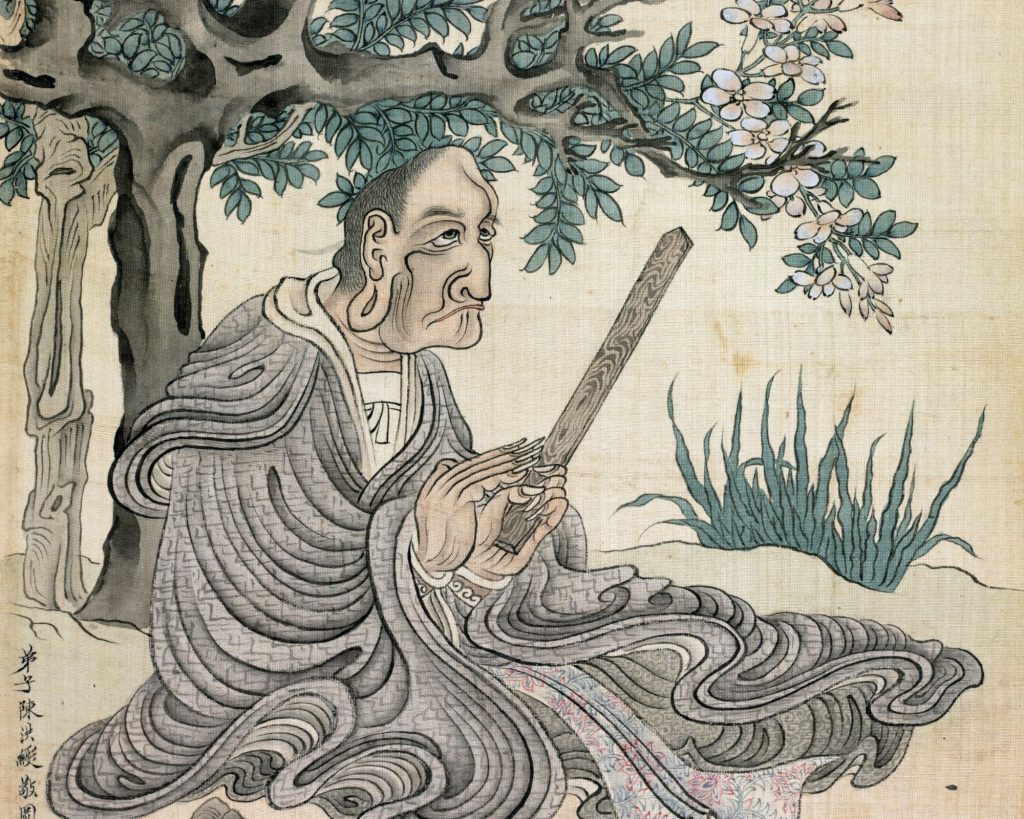
Tai Chi is an ancient Chinese practice with a long and rich history. The practice is believed to have originated in the 12th century, when it was developed by a Taoist monk named Zhang Sanfeng.
Like we said, most of the practice is based on the philosophy of yin and yang, which states that all things in the universe are composed of two complementary forces--dark and light, feminine and masculine, soft and hard.
These forces are constantly in a state of interaction, and tai chi seeks to balance them.
The practice of tai chi is believed to promote physical, mental and spiritual health. It is traditionally practiced in a slow, meditative manner, and it has been used as a form of self-defense in some contexts.
Unpacking the Spiritual Implications of Tai Chi
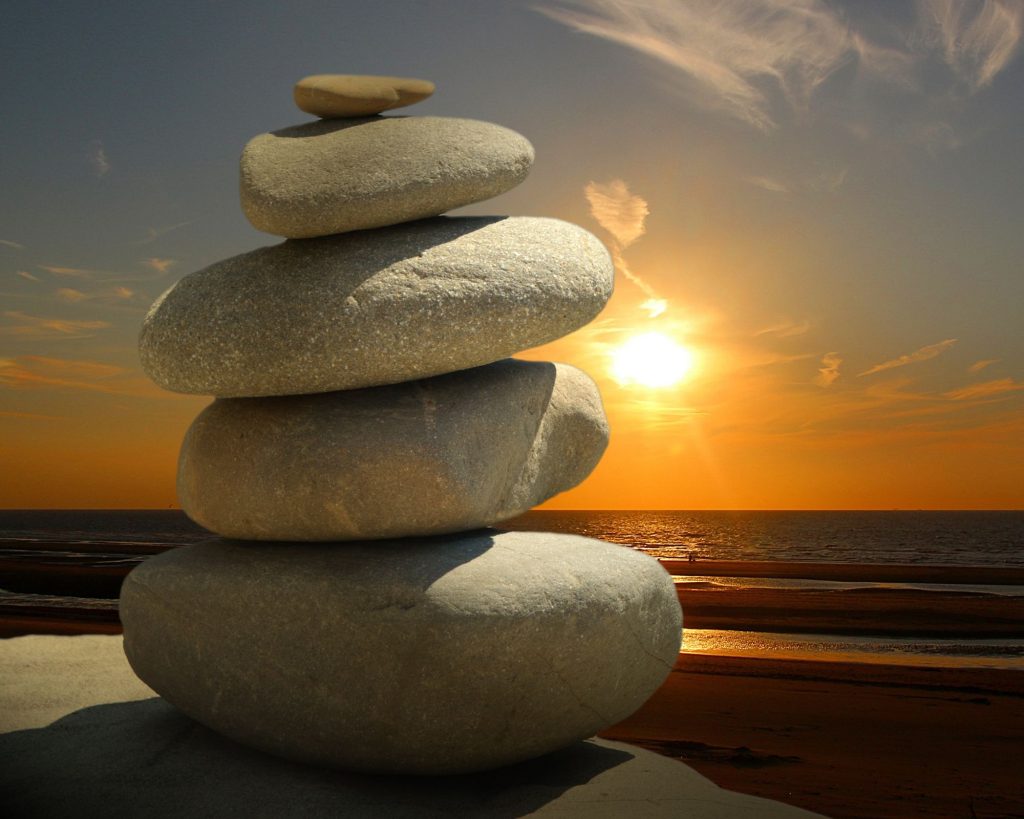
Tai chi is often associated with spiritual aspects that can vary depending on the practitioner's personal beliefs. Some view tai chi as a means of connecting with the universe and the flow of energy within and around us, known as qi.
Others hone in on its more meditative aspects, using it as a way to help calm the mind and achieve a state of inner peace.
While tai chi is primarily focused on physical exercise, the spiritual and philosophical components of the practice have been important to many practitioners. Tai chi is believed to embody the principles of harmony, balance, and peace.
The practice is believed to promote mindfulness, self-awareness, and spiritual well-being. It is also seen as a way to gain a deeper understanding of the nature of the universe and to cultivate a sense of inner peace.
Exploring Tai Chi in its Cultural Context
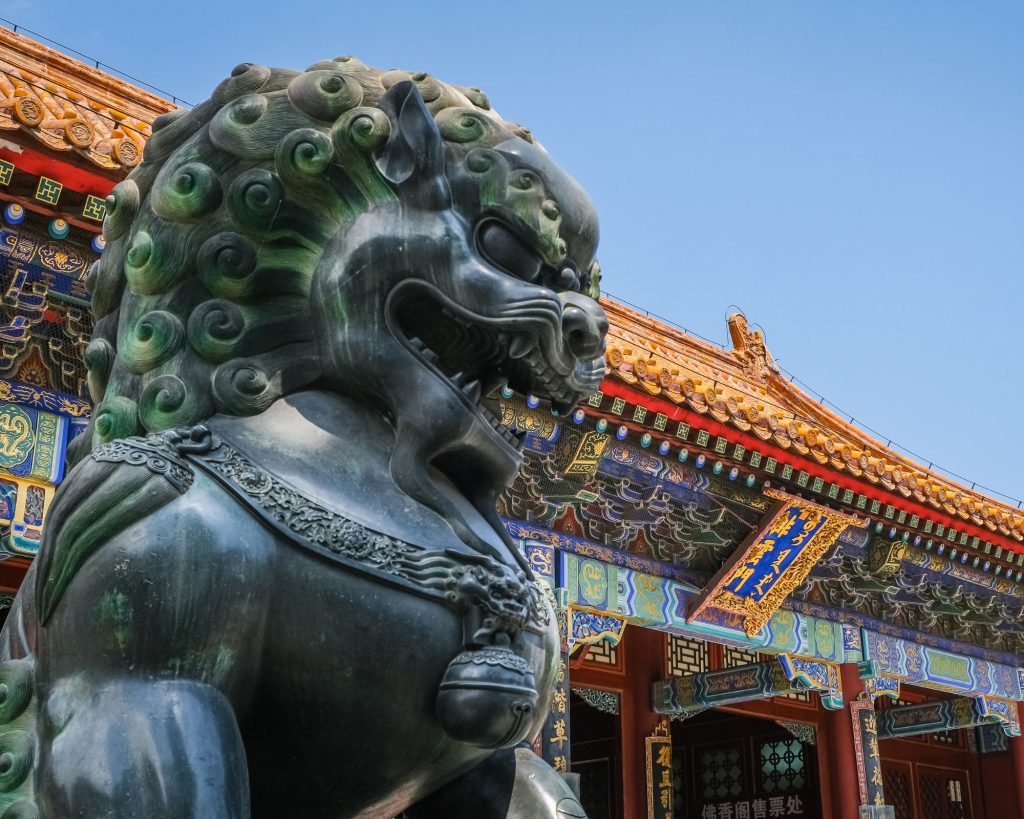
Tai Chi is strongly rooted in Chinese culture and history, and it has evolved and adapted over the centuries to fit into different environments and contexts.
In China, the practice has traditionally been closely intertwined with Taoism, Confucianism, and Buddhist philosophy. It also draws heavy inspiration from many other traditional Chinese martial arts.
Practitioners of tai chi often wear loose, comfortable clothing and practice in natural environments to connect with nature and promote a peaceful state of mind.
Many of the philosophical and spiritual components of the practice come from these Eastern traditions, and practitioners may draw from these traditions when practicing Tai Chi.
Understanding the Influence of Eastern Traditions
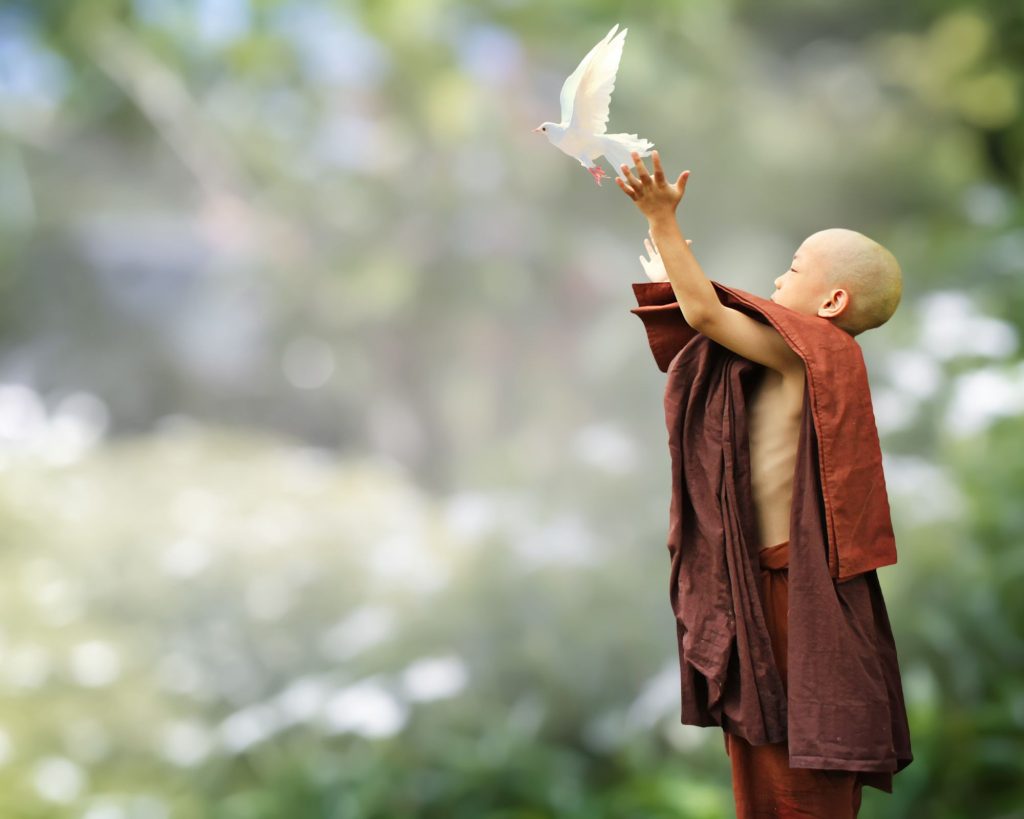
The origins of tai chi can be traced back to ancient China and the principles of Taoism, Buddhism, and Confucianism. These traditions have heavily influenced tai chi, with its emphasis on balance, harmony, and the flow of energy (Qi) throughout the body.
With this in mind, we can see the influence of Eastern traditions on the practice of tai chi, and this can help to explain why some Catholics may find the practice objectionable.
The philosophical and spiritual underpinnings of the practice may be seen as incompatible with the teachings of the Catholic Church.
For some more dogmatic Catholics, some of the physical postures of tai chi may be interpreted as idolatrous or even occultic in nature. While this is not necessarily true for all practitioners, it is important to be aware of the potential implications of the practice.
Considering the Future of Tai Chi and the Catholic Church
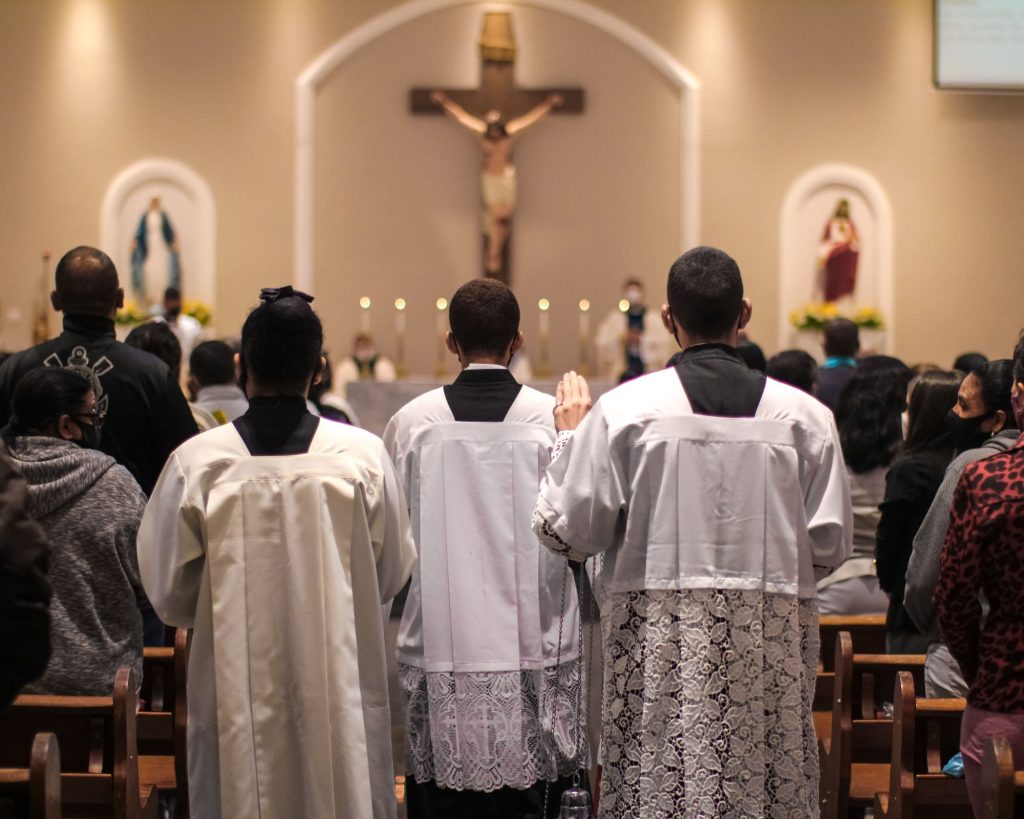
It's generally difficult to predict the future of tai chi within the context of the Catholic Church.
While the answer to the question of, "is tai chi forbidden?" is still no, and although there is no outright ban on the practice, it may be viewed with suspicion or even hostility by some Catholics, especially those who are incredibly firm in their beliefs or unwilling to have them challenged.
At the same time though, the practice of tai chi will likely never fade into obscurity, remaining a popular and reliable martial art, and many Catholics may find its physical and spiritual benefits to be wonderful personally.
As the practice becomes more accepted, it's likely that the Catholic Church will continue to evolve its views on the practice. Either way though, try not to let other people influence your decisions. At the end of the day, it's up to you to decide if tai chi is an appropriate practice for you.
Okay, that's quite a lot of information on tai chi! But you may be wondering how it compares to other sports now, like aiki jujutsu. If you're eager to learn more about that, click here!
[author-box-jpx-fitness]
